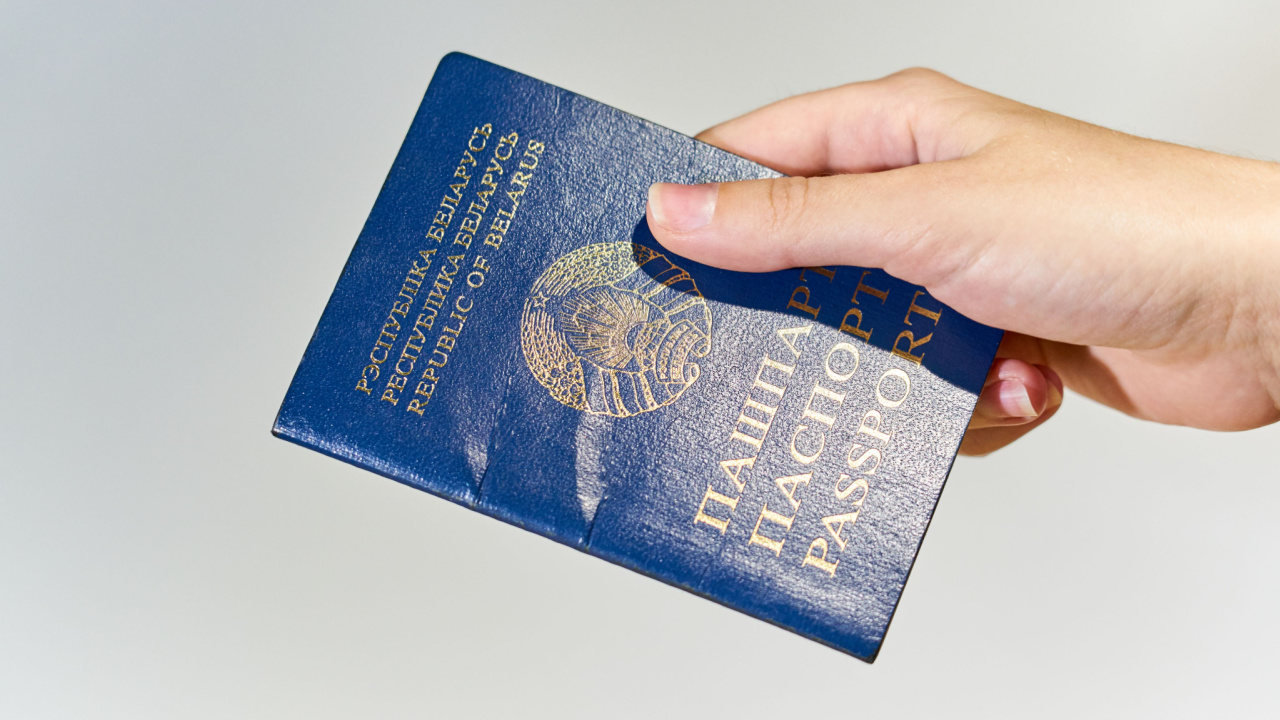Anti-government hackers have attempted to sell what they say is an NFT of Belarus President Alexander Lukashenko’s passport. The members of the ‘Belarusian Cyber Partisans’ collective claim to have obtained the passport data of all the country’s citizens.
Cyber Guerrillas from Belarus Try listing the NFT Passport Collection on Opensea
A hacking group known as the ‘Belarusian Cyber Partisans’ has boasted of gaining access to a government database that stores the passport details of all citizens of Belarus, including high-ranking officials such as the country’s long-term head of state, Alexander Lukashenko.
The hackers have released a collection of non-fungible tokens (NFTs) called “Passports of Belarusians”, which are also said to contain the passport data of the country’s president and his close associates. The group further attempted to list the collection on the leading NFT marketplace Opensea, but the platform removed it as a breach of terms.
The group promoted its initiative on Twitter, noting that it is launching NFTs exactly on Lukashenko’s birthday, August 30. “Help us ruin it for him,” they urge followers while suggesting a “special offer” — to buy a version of his passport with a photo of the “dictator … behind bars … while he’s still alive. “
In another tweet, the hacktivist collective says it has also put the passports of Lukashenko’s closest allies “and the traitors to the people of Belarus and Ukraine” up for sale. The members promise that all funds raised will go to support “our work to hit bloody regimes in Minsk and Moscow”.
However, some in the crypto community have doubted the authenticity of the identification documents, Russian crypto news agency Bits.media notes in a report. It points to a typo on the first page depicted in the digital version of Lukashenko’s passport and a misspelling of his first name in English.
‘Belarusian cyber partisans’ have targeted the Lukashenko-led administration of the eastern European nation for its support – logistically and otherwise – for Russia’s invasion of neighboring Ukraine. For example, it claimed responsibility for a cyber attack on the Belarusian railway system, demanding the withdrawal of Russian troops from the country.
The hacking group has raised funds in cryptocurrency to finance its activities. According to a report by blockchain analytics firm Elliptic published in early February, before Russia launched its “special military operation” in Ukraine, the Belarusian cyber guerrillas had been able to collect $84,000 in BTC in the previous six months.
Tags in this story
Belarus, Belarusian, Collective, conflict, cyber partisans, Group, Hackers, invasion, Lukashenko, Marketplace, nft, NFTs, Opensea, passport, passport data, Passport, President, Russia, Russian, Token, Tokens, Ukraine, Ukrainian, War
Do you think the NFT offered by the Belarusian hackers represents President Lukashenko’s real passport? Tell us in the comments section below.
Lubomir Tassev
Lubomir Tassev is a journalist from tech-savvy Eastern Europe who likes Hitchens’ quote: “To be a writer is what I am, rather than what I do.” Besides crypto, blockchain and fintech, international politics and economics are two other sources of inspiration.
Image credit: Shutterstock, Pixabay, Wiki Commons, mmaroznaya
Disclaimer: This article is for informational purposes only. It is not a direct offer or solicitation of an offer to buy or sell, or an endorsement or recommendation of products, services or companies. Bitcoin.com does not provide investment, tax, legal or accounting advice. Neither the company nor the author is directly or indirectly responsible for damages or losses caused or alleged to be caused by or in connection with the use of or reliance on content, goods or services mentioned in this article.


























